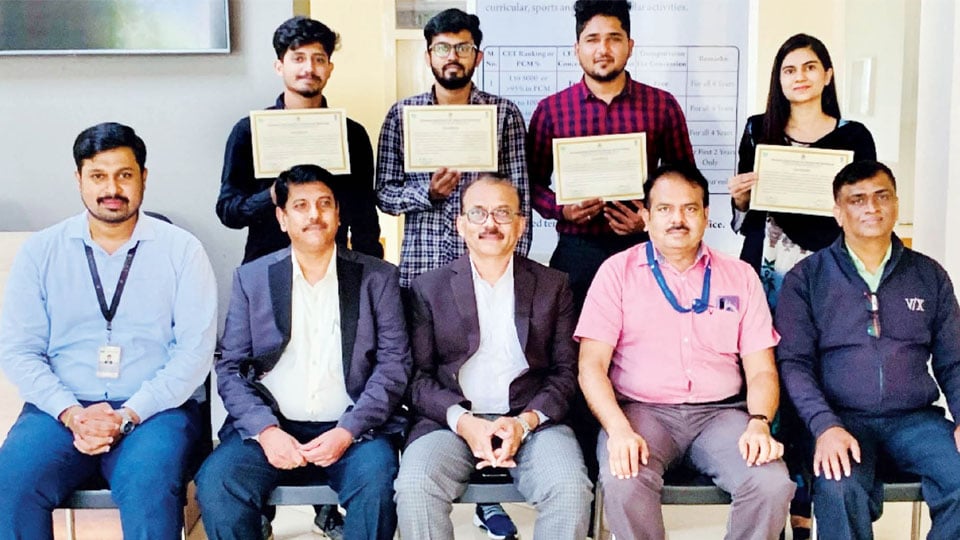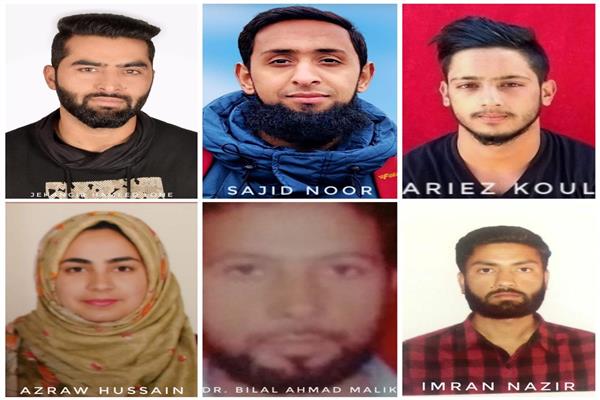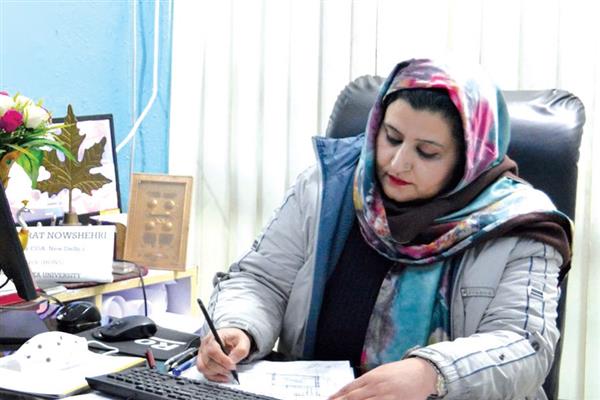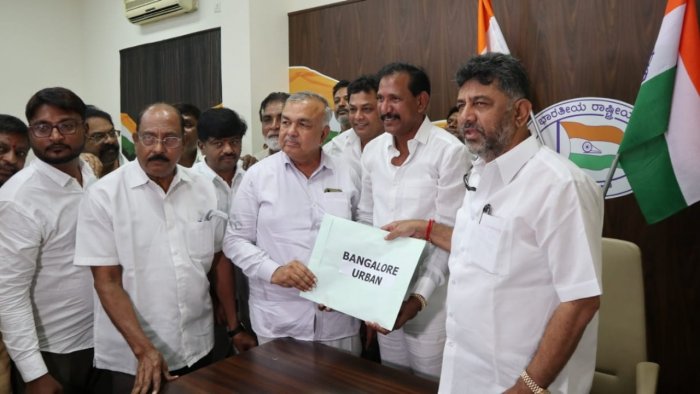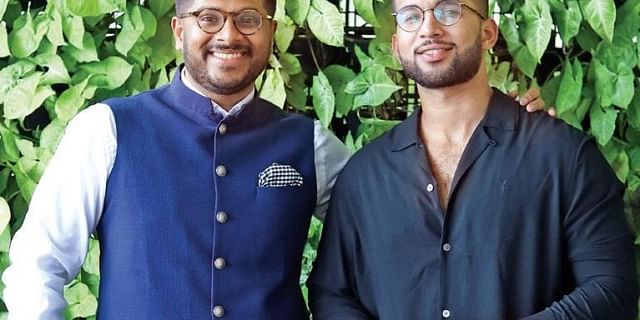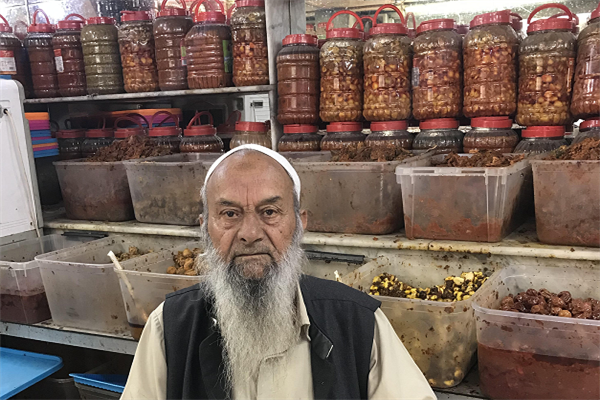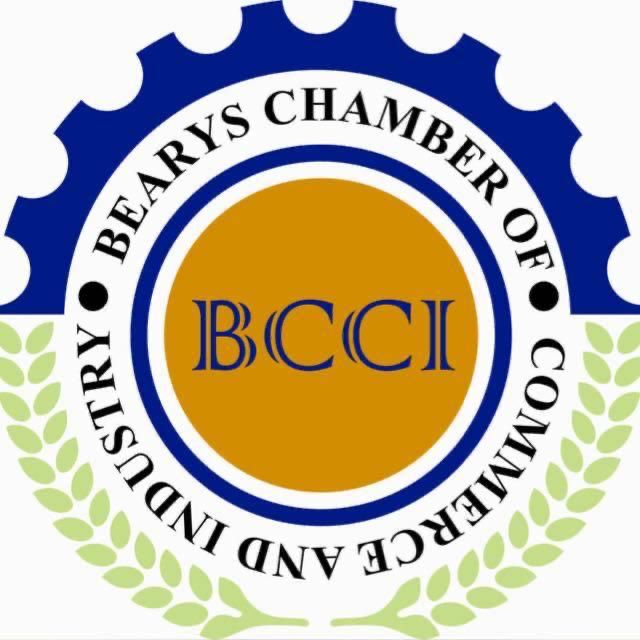Kolkata, WEST BENGAL :
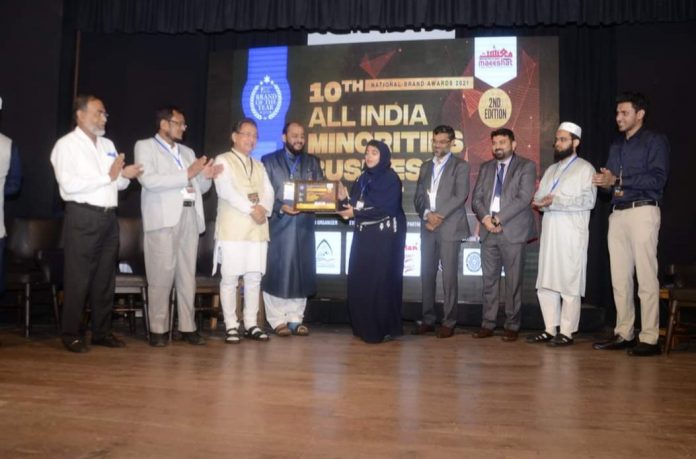
Kolkata:
The 10th All India Minorities Business Summit and National Brand Awards for 2021, an initiative from Mumbai-based Maeeshat Media was organised at Kala Mandir, Kolkata and attended by hundreds of business leaders, delegates, entrepreneurs, social workers from across the country.
The summit provided a great opportunity for the participants from minority communities to come together on one platform to exchange their ideas, opinions, and strategies to drive up business activities both at the personal and community level.
As many as 15 women entrepreneurs working in different fields marked their presence at the event and got the opportunity to showcase their business models to a larger audience in a special segment called “Women Entrepreneurs Showcase 2021.”
Several issues afflicting women entrepreneurship came to the fore due to talks given by women attendees. The biggest obstacle for them is society’s attitude of discounting women’s ability to work beyond the household chores, let alone set up a business.
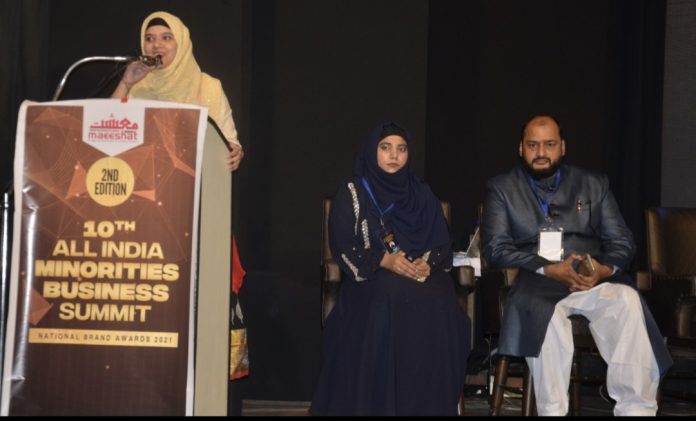
According to them, people fail to understand that if they are allowed to lead aspirational lives within the boundaries of Islamic laws, not only a family but also the community will benefit at large.
They stressed that with the world changing at a startling pace, minority communities must loosen the shackles on women, letting them pursue their entrepreneurial goals in a more free and welcoming environment.
“During the last two decades, women’s entrepreneurship has been recognized as a vital source of economic growth. Today women have made their existence felt in society by occupying prominent positions in the economy,” Sania Sami, Research Scholar, IISWBM and founder of Indian Institute of Research said.
All the entrepreneur women were high on praise for Maeeshat’s initiative to bring them together and recognise their entrepreneurial skills and hard work.
Maeeshat Media’s Director and group Editor expressed his gratitude and satisfaction over women entrepreneurs gracing the momentous occasion.
He said Maeeshat is committed to connecting minority women entrepreneurs across the country, showcasing their skills, and giving them expert advice so that they are enabled to leap forward in their businesses.
Such summits are annually organised by Maeeshat Media since 2010. This year’s event gave special focus on ensuring the participation of women entrepreneurs.
Here is the list of women entrepreneur attendees at 10th All India Business Summit 2021, Kolkata:
Name Entrepreneurial Business/Venture
Shumaila Khalid Juwi’s Elegant Fashion, Kolkata
Aalima Rahman Little Stars School, Kolkata
Nageena Eram Eram’s Academy, Kolkata
Zareen Khan ALINA SCOOTY TRAINING CENTER, Kolkata
Saba Hamid AKASH PAINTS & CHEMICAL WORKS, Kolkata
Afrin Golam She Fitness Ladies Gym, Kolkata
Arshia Ahmed Arshia’s Kitchen, Kolkata
Tanzeem Rahman Adn Interiors–feel the garden of Eden, Kolkata
Saima Bakhtiyar/Anjum Wasim Al Nikah Matrimonial, Kolkata
Jahan Ara Interiors Designer, Kolkata
Saiqa Azam Sabia’s Creation, Kolkata
Sabina Yasmin Velvet Touch, A Boutique of Choice
Miss Tasmiya Ansari Anees Defence Institute, Pune
Mrs Sania Sami Indian Institute of Research, Kolkata
source: http://www.mulimmirror.com / Muslim Mirror / Home> Economy / by Muslim Mirror Staff / November 24th, 2021
